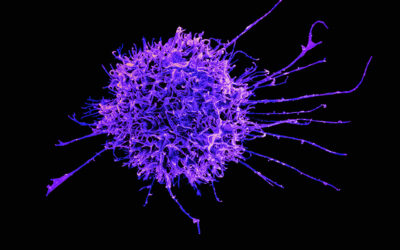Non-communicable chronic diseases (NCCDs), also known as chronic diseases, are a global challenge as these kill 40 million people each year, equivalent to 70% of all deaths worldwide. Amongst NCDs are cardiovascular diseases, cancers, chronic respiratory diseases, and diabetes.
The mismatch between present day diets and ancestral genome is suggestive of the NCCDs burden, which is promoted by risk factors like behavioral and metabolic ones.
Mustapha U. Imam and Maznah Ismail from the Precision Nutrition Innovation Institute, College of Public Health, Zhengzhou University, argue that there exists insights in increasing evidence that cumulatively inherited epigenetic modifications may have made humans more prone to the effects of present day lifestyle factors. Increasing consumption of western and low fiber diets, smoking or just exposure to tobacco smoke, harmful use of alcohol, physical inactivity, and environmental pollutants may have programed the human epigenome for higher NCCDs risk.
Based on available epigenetic data they hypothesize that transgenerational effects of lifestyle factors may contribute to the current global burden of NCCDs, which may increase in the near future.
The authors conclude that there is a need to reconsider prevention strategies so that subsequent generations will not have to pay for our sins and those of our ancestors. They suggest that integrating the health status of individuals with the lifestyle choices of their ancestors may provide deeper insights into individual risks.

















